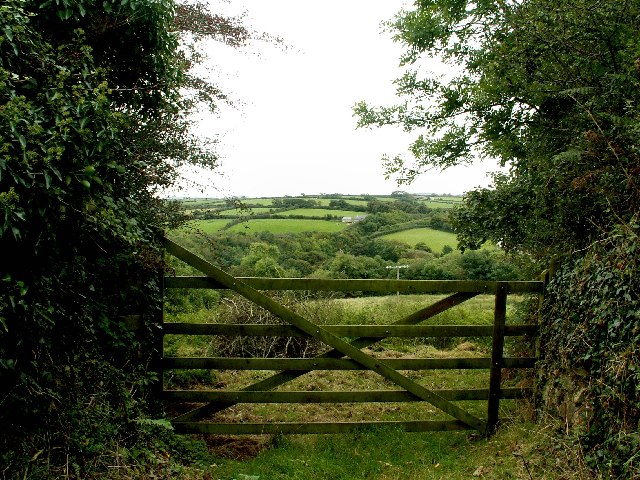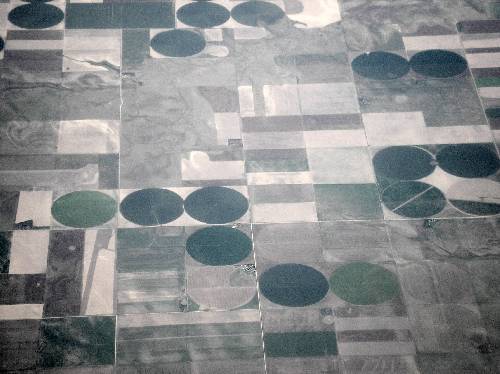|
Gluvian
Gluvian is a hamlet in mid Cornwall, England, United Kingdom. It is situated one mile (1.6 km) north of St Columb Major (where the 2011 census population was included)Ordnance Survey: Landranger map sheet 200 ''Newquay & Bodmin'' at . Mayor William Mayow William Mayow, of Gluvian, was Mayor of St. Columb Major in Cornwall in the early 16th century. Following the Prayer Book Rebellion of 1549 the King's forces were sent down to Cornwall. The Provost Marshal at the time was Anthony Kingston ... of Gluvian in the parish of St Columb was hanged outside a tavern in St Columb in 1549. References Hamlets in Cornwall St Columb Major {{Restormel-geo-stub ... [...More Info...] [...Related Items...] OR: [Wikipedia] [Google] [Baidu] |
St Columb Major
St Columb Major is a town and civil parish in Cornwall, England, United Kingdom. Often referred to locally as ''St Columb'', it is approximately southwest of Wadebridge and east of Newquay Ordnance Survey: Landranger map sheet 200 ''Newquay & Bodmin'' The designation ''Major'' distinguishes it from the nearby settlement and parish of St Columb Minor on the coast. An electoral ward simply named ''St Columb'' exists with a population at the 2011 census of 5,050. The town is named after the 6th-century AD Saint Columba of Cornwall, also known as Columb. Twice a year the town plays host to "hurling", a medieval game once common throughout Cornwall but now only played in St Columb and St Ives.It is also played irregularly and less frequently at Bodmin, but nowhere else. It is played on Shrove Tuesday and again on the Saturday eleven days later. The game involves two teams of unlimited numbers (the 'townsmen' and the 'countrymen' of St Columb parish) who endeavour to carry a sil ... [...More Info...] [...Related Items...] OR: [Wikipedia] [Google] [Baidu] |
William Mayow
William Mayow, of Gluvian, was Mayor of St. Columb Major in Cornwall in the early 16th century. Following the Prayer Book Rebellion of 1549 the King's forces were sent down to Cornwall. The Provost Marshal at the time was Anthony Kingston Sir Anthony Kingston (ca. 1508 – 14 April 1556) was an English royal official, holder of various positions under several Tudor monarchs.A.D.K. Hawkyard, 'Kingston, Anthony (by 1512-56), of Cadleigh, Devon and Painswick, Glos.', in S.T. Bind ... and his job was to punish the leaders of the uprising. Others hanged by Kingston and his men included Richard Bennett, Vicar of St Veep and the Mayor of Bodmin (Nicholas Boyer). References 1549 deaths People from St Columb Major People executed under Edward VI of England Executed Cornish people Mayors of places in Cornwall Year of birth missing 16th-century English people People executed by the Kingdom of England by hanging {{Cornwall-stub ... [...More Info...] [...Related Items...] OR: [Wikipedia] [Google] [Baidu] |
Farm Gate At Gluvian - Geograph
A farm (also called an agricultural holding) is an area of land that is devoted primarily to agricultural processes with the primary objective of producing food and other crops; it is the basic facility in food production. The name is used for specialized units such as arable farms, vegetable farms, fruit farms, dairy, pig and poultry farms, and land used for the production of natural fiber, biofuel and other commodities. It includes ranches, feedlots, orchards, plantations and estates, smallholdings and hobby farms, and includes the farmhouse and agricultural buildings as well as the land. In modern times the term has been extended so as to include such industrial operations as wind farms and fish farms, both of which can operate on land or sea. There are about 570 million farms in the world, most of which are small and family-operated. Small farms with a land area of fewer than 2 hectares operate about 1% of the world's agricultural land, and family farms comprise about 75 ... [...More Info...] [...Related Items...] OR: [Wikipedia] [Google] [Baidu] |
Hamlet (place)
A hamlet is a human settlement that is smaller than a town or village. Its size relative to a Parish (administrative division), parish can depend on the administration and region. A hamlet may be considered to be a smaller settlement or subdivision or satellite entity to a larger settlement. The word and concept of a hamlet has roots in the Anglo-Norman settlement of England, where the old French ' came to apply to small human settlements. Etymology The word comes from Anglo-Norman language, Anglo-Norman ', corresponding to Old French ', the diminutive of Old French ' meaning a little village. This, in turn, is a diminutive of Old French ', possibly borrowed from (West Germanic languages, West Germanic) Franconian languages. Compare with modern French ', Dutch language, Dutch ', Frisian languages, Frisian ', German ', Old English ' and Modern English ''home''. By country Afghanistan In Afghanistan, the counterpart of the hamlet is the Qila, qala (Dari language, Dari: ... [...More Info...] [...Related Items...] OR: [Wikipedia] [Google] [Baidu] |
Cornwall
Cornwall (; kw, Kernow ) is a historic county and ceremonial county in South West England. It is recognised as one of the Celtic nations, and is the homeland of the Cornish people. Cornwall is bordered to the north and west by the Atlantic Ocean, to the south by the English Channel, and to the east by the county of Devon, with the River Tamar forming the border between them. Cornwall forms the westernmost part of the South West Peninsula of the island of Great Britain. The southwesternmost point is Land's End and the southernmost Lizard Point. Cornwall has a population of and an area of . The county has been administered since 2009 by the unitary authority, Cornwall Council. The ceremonial county of Cornwall also includes the Isles of Scilly, which are administered separately. The administrative centre of Cornwall is Truro, its only city. Cornwall was formerly a Brythonic kingdom and subsequently a royal duchy. It is the cultural and ethnic origin of the Cornish dias ... [...More Info...] [...Related Items...] OR: [Wikipedia] [Google] [Baidu] |
Hamlets In Cornwall
A hamlet is a human settlement that is smaller than a town or village. Its size relative to a parish can depend on the administration and region. A hamlet may be considered to be a smaller settlement or subdivision or satellite entity to a larger settlement. The word and concept of a hamlet has roots in the Anglo-Norman settlement of England, where the old French ' came to apply to small human settlements. Etymology The word comes from Anglo-Norman ', corresponding to Old French ', the diminutive of Old French ' meaning a little village. This, in turn, is a diminutive of Old French ', possibly borrowed from (West Germanic) Franconian languages. Compare with modern French ', Dutch ', Frisian ', German ', Old English ' and Modern English ''home''. By country Afghanistan In Afghanistan, the counterpart of the hamlet is the qala (Dari: قلعه, Pashto: کلي) meaning "fort" or "hamlet". The Afghan ''qala'' is a fortified group of houses, generally with its own commu ... [...More Info...] [...Related Items...] OR: [Wikipedia] [Google] [Baidu] |




